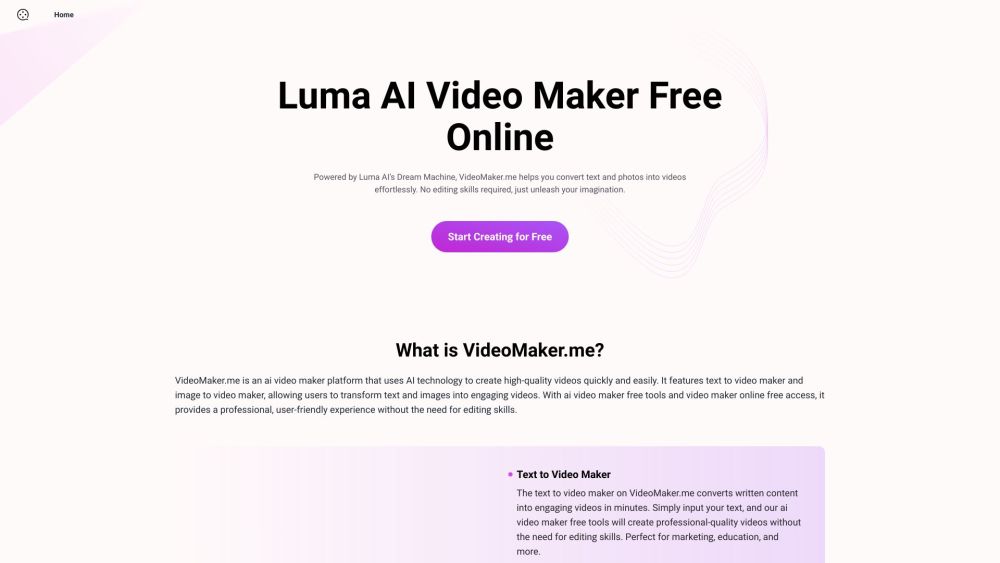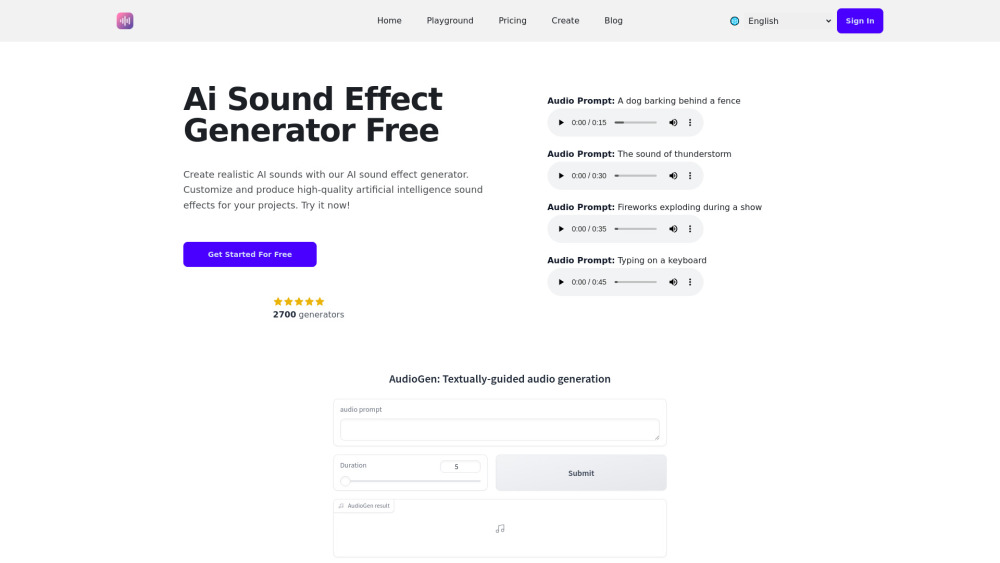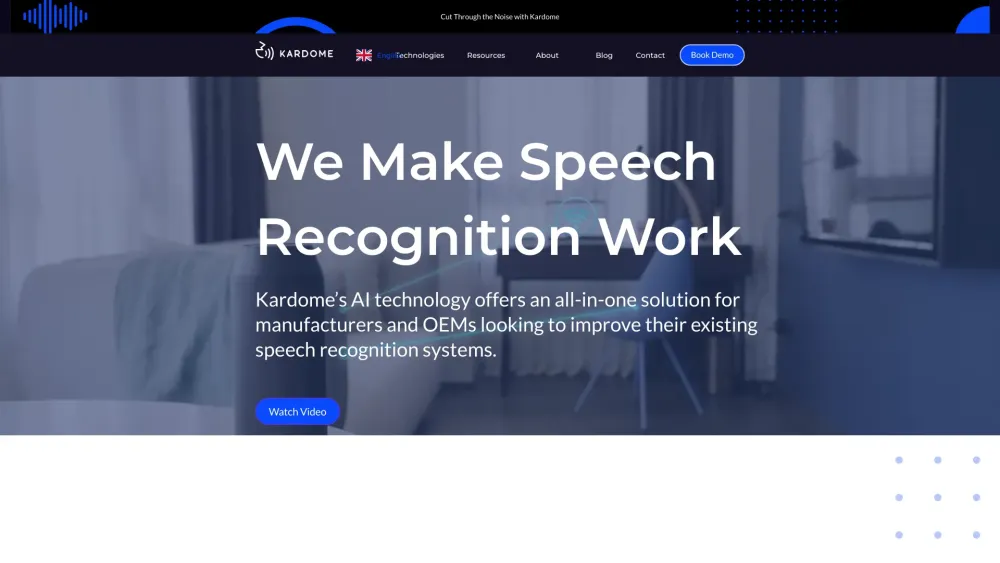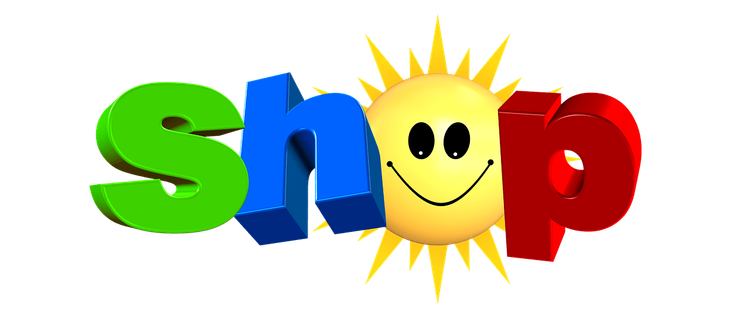Google’s Bard Chatbot Spreads Misinformation in Its Twitter Debut: A Cautionary Tale
Most people like

In today's fast-paced market, leveraging an AI sales management solution can transform your sales approach. With advanced analytics and automation, these solutions optimize customer interactions, streamline processes, and boost overall efficiency. Discover how integrating AI into your sales strategy can drive better performance, enhance decision-making, and ultimately increase revenue. Embrace the future of sales management and unlock your team's full potential with cutting-edge AI technology.

In today's digital landscape, capturing attention is more crucial than ever. An AI video generator for text and photos allows you to easily convert written content and images into captivating videos. This innovative tool streamlines the creative process, enabling you to engage your audience with stunning visual narratives. Whether you're a content creator, marketer, or business owner, leveraging an AI video generator can elevate your storytelling and enhance your online presence. Discover how you can turn your text and photos into compelling videos that resonate with viewers and boost engagement.

Enhancing your audio projects is easier than ever with our AI sound effect generator, designed to create a wide range of unique audio effects. Unlock endless creative possibilities and elevate your soundscapes with this powerful tool, perfect for filmmakers, game developers, and content creators alike. Discover how AI technology can transform your audio experience today!
Find AI tools in YBX


